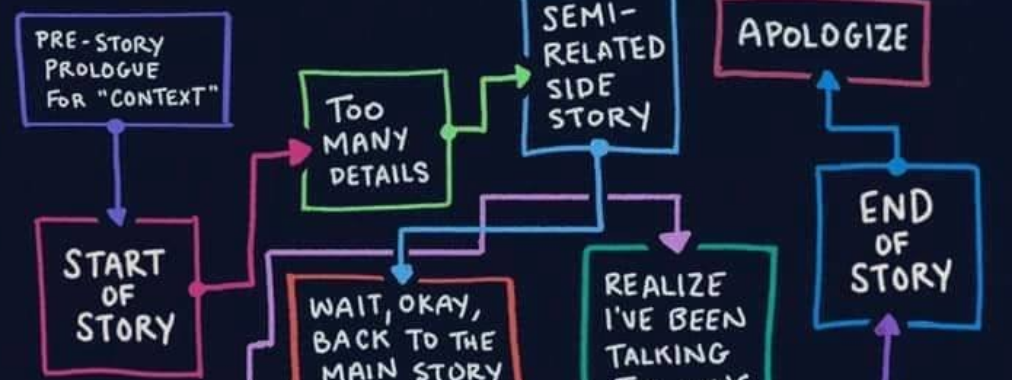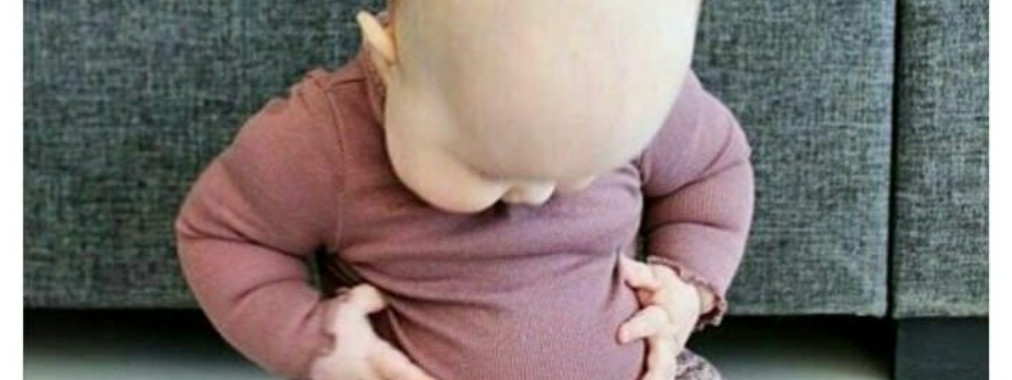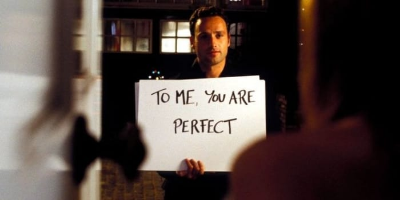
Storytelling is a powerful way to reach, and to teach, people with ADHD. In fact, research suggests that telling stories or reading to children vastly improves comprehension when they read to themselves.
When you tell a story, understand and use the essential structure that most stories follow. Stick to this central structure, minimizing extra details. Remember that you can organize history into stories, too, using this structure.
Storytelling is a powerful way to reach, and to teach, people with ADHD. In fact, research suggests that telling stories or reading to children vastly improves comprehension when they read to themselves.
Explain the characters’ motives and decisions even if these are not stated in the original story. (Note: when watching television programs or films with your child, don’t assume your child can see causal relationships or remember details.



Mental illness can manifest in lots of unpleasant ways, making us feel embarrassed or ashamed of our actions. Just one of these unpleasant forms is unwarranted anger and, in the case of bipolar disorder, “bipolar rage.”
We’re so quick to judge anger, yet it’s a human emotion like any other. While anger willfully or physically directed toward another person is wrong, we sometimes can’t control shifts into anger. Sometimes, we’re carried along for the ride until the anger is spent and we’re left to pick up the pieces. Luckily, with coping skills and a deeper understanding of ourselves, we can learn how to better manage anger when it arises.

Being cynical around the holidays doesn’t automatically make you a “Scrooge” who hates the happiness of others. The reality is, there are a lot of reasons you might feel cynical around the holidays.
Maybe you have a hard family situation, and the thought of happy family memories during the holidays feels like a far away fantasy. Maybe you live with a chronic illness or disability that makes travel difficult, so you feel cynical about the prospect of people caring enough to visit you. Or maybe you just lost a loved one to suicide, and holiday advertising and cheer seems false and dead to you right now.
No matter what your situation is, we want you to know we care. Though memes certainly can’t cure how we’re feeling, sometimes they can give us an opportunity to laugh when we need it most.

was in a violent relationship for 18 years. At the beginning of the marriage, the first half of the first year, there weren’t any episodes of violence or abuse. After half a year, things started to happen.
Initially, it was things like, we’d have to travel to Sydney but for the whole trip I wasn’t allowed to go to the toilet. Violence and abuse is a form of control. He actually would not hide abuse from the children, sometimes he would have outbursts in front of them and, somehow, I still believed it was better for me to stay for the good of the children, not knowing that for children who witness the abuse it’s as if they experience it themselves.
When you're in the relationship for a long time, you lose your identity. You believe in the lies you were told. We don't believe in our ability to live an independent life.
You don't get much sense of freedom and, on average, it takes a woman seven times to leave a relationship for good. I lost the support of my own family, and friends. It’s about trying to form a new circle of friends around you for support.
The emotional abuse gradually became more intense, and then the physical abuse set in. One of the things abusers tend to do is to isolate us from the community as well, so it’s harder for us to seek help in many ways and over time, we believe in their lies.
'Sanctuary at St Kilda beach. The smell of the ocean and the sound of the waves as they approach the shore calm me down when I have a problem relaxing.'
'I've read my Bible almost every night since I was young. It brings me comfort knowing God cares for me no matter how big is the storm.'
And then, there is the shame factor in the whole abuse. So we find it very hard to open up to anyone. I did have friends at work, a colleague, she was in that ty


Mental illness is something that plagues Americans in each and every state within the country. Depression, anxiety and PTSD are silent killers. They may not cause physical death, but they do cause each and every individual affected by them to lose a piece of themselves. As an individual who struggles with depression as well as anxiety, I myself am on the battle field in this fight against mental illness.

I was only ten when my drug use started. Both of my parents are active addicts, so it was my mom who got me into it. She’s always acted like a teenager, more like a friend than a mom, and she gave me pills for the first time. I was living with her back then and I started using consistently—taking a bunch of pills, smoking weed, and drinking a lot. The pills were my main thing: Percocet, Vicodin, a lot of downers. I struggled with depression and my parents’ physical and verbal abuse, so then I started abusing myself with the drugs, cutting, bulimia, anorexia, and the guys I kept bringing in and out of my life. I started acting out like your typical teenage drug addict, stealing and sneaking out at night, but it was all pointless because my mom was high all the time and didn’t even notice.
By age 13 I was living in a shelter with mom and my youngest sister. The cops found me there and took me back to my dad’s. He was very abusive and his own drug of choice was uppers, so I started doing a lot of coke, meth, and ecstasy those next three years. Those became my drugs of choice. In July of 2009 I ran away from where I was living with my dad in south Texas. I don’t remember all of it, just that I took Xanax, woke up in downtown Houston, and never went home again. At that point I didn’t have a “drug of choice” anymore—it was just whatever anybody had, whatever was in your hand.
In Houston I contacted an old using buddy and started staying with her and her mom. Her mom and my mom used to get high together, so when I was living with them we’d all get high together. A few weeks later my grandparents found me and got custody of me, so I moved in with them. The very next day I snuck out, bought a bunch of drugs and did them all: coke, pills, liquid codeine…all this crazy stuf

Losing some-one close to you to suicide is something only those who have experienced it first hand can really understand.- And yet, at a time when everyone is feeling such deep loss, harsh words and accusations are thrown with intent to hurt those who are already trying to comprehend the reality of what has just happened.
Everyone seems to have their own personal views on what events lead to the suicide.- Blame towards others seems to be the easier alternative, in order to hide their own deep self doubt that maybe, they themselves could have or should have done or said something to change the present circumstances.
No one is to blame.- This is not murder or an accident.- This is suicide, the end result of mental illness.- Whether the illness was long-term or short-term, at the time of suicide, a thought disorder was present.
Why are we so afraid to accept that a loved one just wasn’t thinking straight at the time of suicide’ Their thought pattern is muddled – will I, won’t I. Their final decision is just that – final.- Even if you had the chance to give them a million reasons why they shouldn’t, their thought process wouldn’t accept what you had to say.
By not blaming others, you also take away that hidden underlying guilt and blame from yourself
Living with a gentle soul who was full of dreams, so kind and loving one minute, then turn into someone who was irrational and irresponsible, was very draining for me. I know his family experienced similar experiences, for I’ve witnessed them myself.
After the death of my fiance my way of dealing with it was a strong desire to speak out and bring about awareness to those who may be in a similar situation.- Once I found the White Wreath Association, I saw it as my opportunity to do something positive in his me
Showing 10 out of 20
